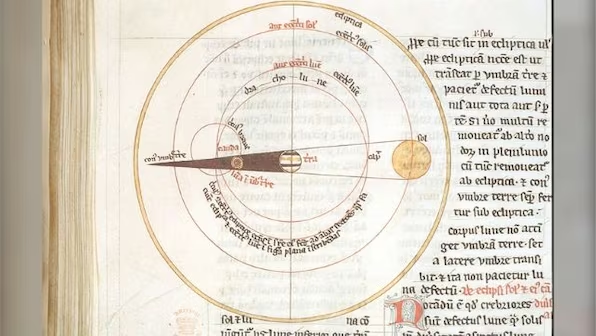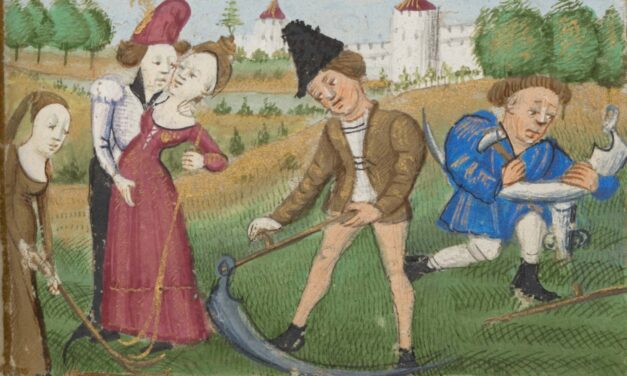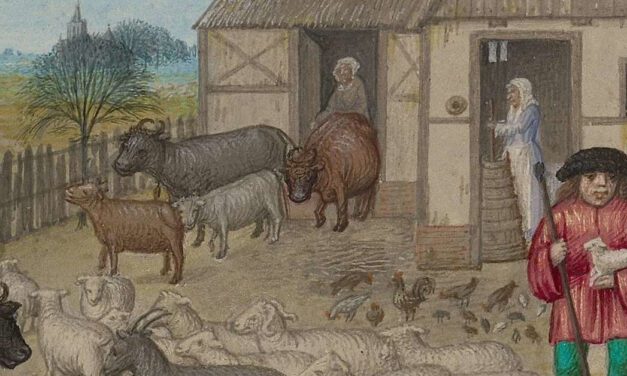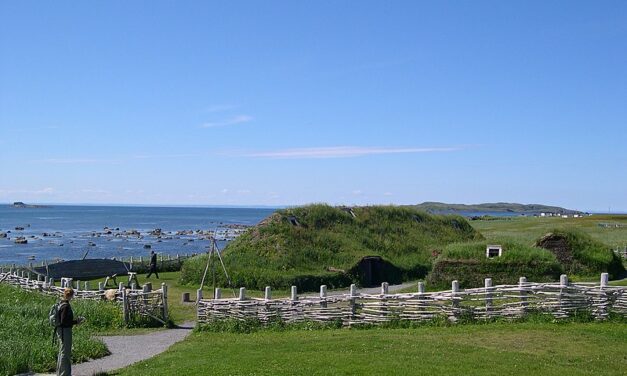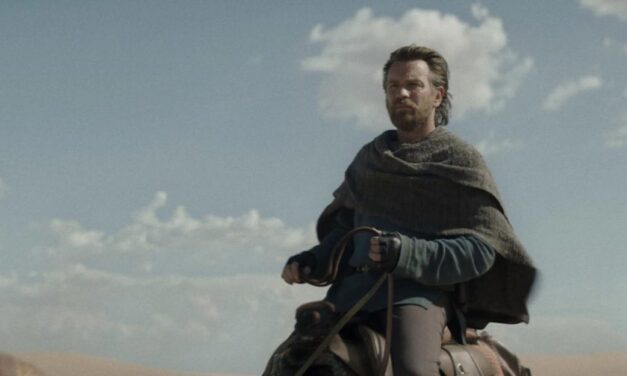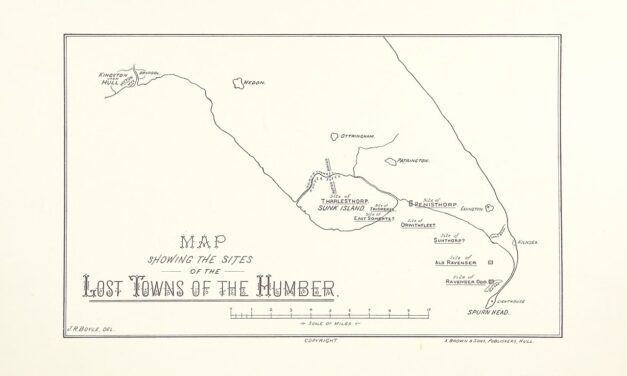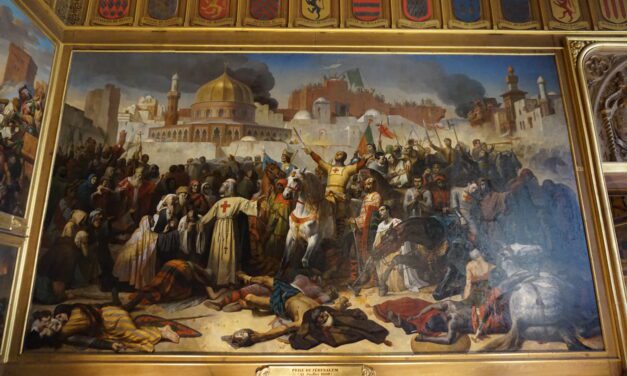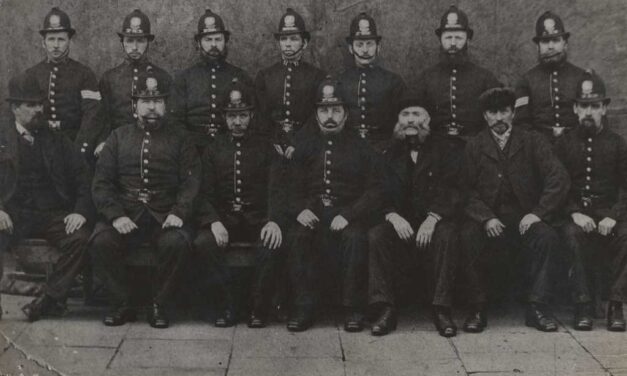Love Thy Neighbour: The Importance of Guest Rights in Medieval England
Reading time: 7 minutes
In almost every country in the modern world, although some more than others, various institutions, laws and social norms protect travellers. Yet the institutions such as the courts and the government, or the enforcing bodies such as the police, have not always existed.





